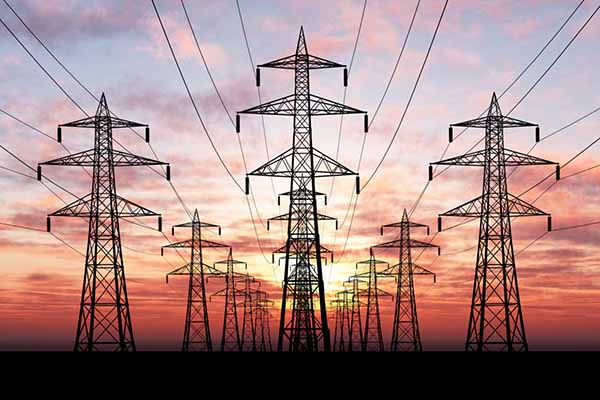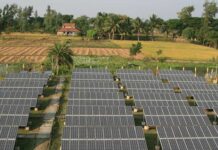India’s announcement of its aim of reaching net zero emission by 2070 and meeting fifty percent of its electricity requirements from renewable energy sources by 2030 has been appreciated and acknowledged as a global fight against climate change. With key policy initiatives like green hydrogen policy, offshore wind policy, promotion of electric vehicles, the introduction of a green day-ahead market, and easing terms for open access to procure green energy, the government is also drawing all the possible cards. However, in order to replace the nation’s colossal dependence on fossil fuels with clean energy sources is a task that asks for heavy investment and changes on the ground level. Although the consumption of fossil fuels does help with avoiding system outages, the usage is only exacerbating grid reliability challenges and disrupting the power supply with impacts rippling far beyond the electricity sector. Resulting in an inherent tension between the aims of clean energy and grid reliability.
In order to maintain grid reliability under conditions of substantial renewable energy penetration, clean energy requires innovation – to bring down the costs or achieve technological challenges. And mobilizing investment – to help India to transition towards net-zero, current estimates of investment requirements are about US$ 10.1 trillion by 2070. By incentivizing these pillars, the clean-energy transition will ultimately prove cost saving, as per some studies the wholesale electricity costs will be 10% lower than they are today under a 90% clean-energy scenario in 2035, and beneficial for our climate, making these pillars more imperative than ever.
Enhancing grid stability and energy equity
In order to move towards a greater diversity of clean energy resources, the combination of wind, solar, energy storage, hydropower, and nuclear will not only help put a stop to the power sector emissions but also establish redundancy and flexibility in the power system. Along with decarbonizing the energy economy by promoting renewable energy, maintaining grid stability is equally important as it ensures the integrity of the electric power system. Investment in expansion, modernizing, and weatherizing transmission lines will not only result in building a clean and reliable electricity grid but also transition the entire Indian power system at the scale and rate that is required. Additional investments in distributed energy such as rooftop solar and battery storage will create more resilience, reliability, and redundancy in the power system in the face of extreme weather events. It will also ease the burden placed on the grid during energy emergencies, helping to prevent future power outages and lowering electricity bills for consumers.
In addition to mitigating some of the effects of climate change, investment in decarbonization can also immediately improve grid reliability and resilience. At the opposite end of the spectrum, well designed enhanced interconnections and expanded microgrids could also substantially enhance the equity of the grid. As a result a well interconnected grid will bring cheaper, cleaner renewable energy to more people, helping to alleviate the crushing burden of energy poverty that plagues nearly one-third of Indian households. Furthermore, clean microgrid development will empower them to pursue cleaner, more reliable energy sources, including microgrids, distributed energy resources, and energy storage. Importantly, these investments and innovations in clean energy will enable the Indian power system to reliably meet electricity demand, mitigate and better respond to the impacts of climate change, and provide consumers with access to lower-cost, pollution-free forms of electricity generation.
Conclusion
It is time for the nation to choose clean energy and a reliable electricity grid together and continue on to achieve the net zero goal and the status of being a global leader in the renewable energy space. Being a large developing economy with over 1.3 billion people, India’s clean energy adaptation and mitigation ambitions will not only help reduce our carbon emissions but will also provide us with more robust and reliable electricity distribution. The government’s investment in flagship policy initiatives is also a testament to its commitment to bringing reliability to the power grid system at every level and enabling India to grow, industrialize and provide a better and decarbonized life.
About the author:

Mr. Shalin Sheth is Founder, Managing Director at Advait Infratech Limited.







![SMART ENERGY WEEK [September] 2025 to Lead Global Renewable Energy Advancements SMART ENERGY WEEK](https://timestech.in/wp-content/uploads/2025/07/Untitled-design-2025-07-31T112230.406-218x150.jpg)









